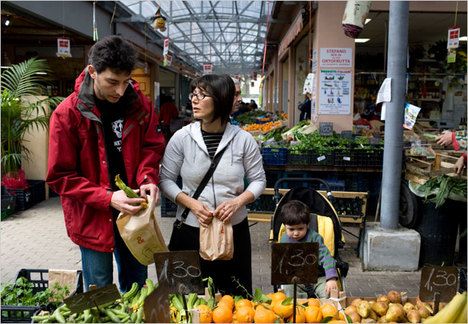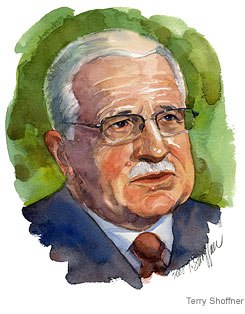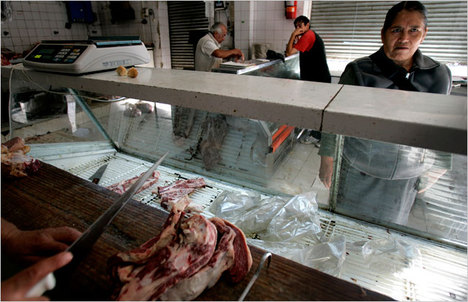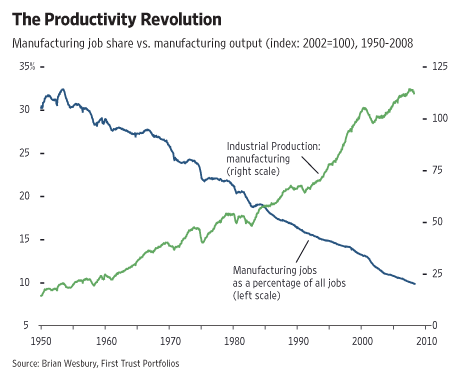(p. A15) Where are the pro-trade Democrats? America won’t increase middle-class incomes and create jobs without them.
. . .
History proves that expanding trade and productivity help create growth. We learned that the hard way when the Smoot-Hawley tariff helped crush trade and exacerbate the Great Depression. Conversely, we have seen trade drive the economy during the great expansions of the 1960s and 1990s.
. . .
Trade gives poor people around the globe the opportunity to build a brighter future. During the Clinton administration, new trade programs like the African Growth and Opportunity Act helped key regions in the world succeed, while American workers stood to gain.
I helped found the Democratic Leadership Council in the wake of Walter Mondale’s 49-state defeat in 1984, and we have always supported expanded trade. We still have a ways to go to win that argument in the Democratic Party. But the record is clear. Over the past 20 years, our party has grown stronger when we’ve been willing to do the right thing on the toughest issues, from putting the nation’s fiscal house in order to overhauling a broken welfare system that trapped millions in poverty.
For the full commentary, see:
AL FROM. “Confessions of a Pro-Trade Democrat.” The Wall Street Journal
(Mon., June 9, 2008): A15.
(Note: ellipses added.)








